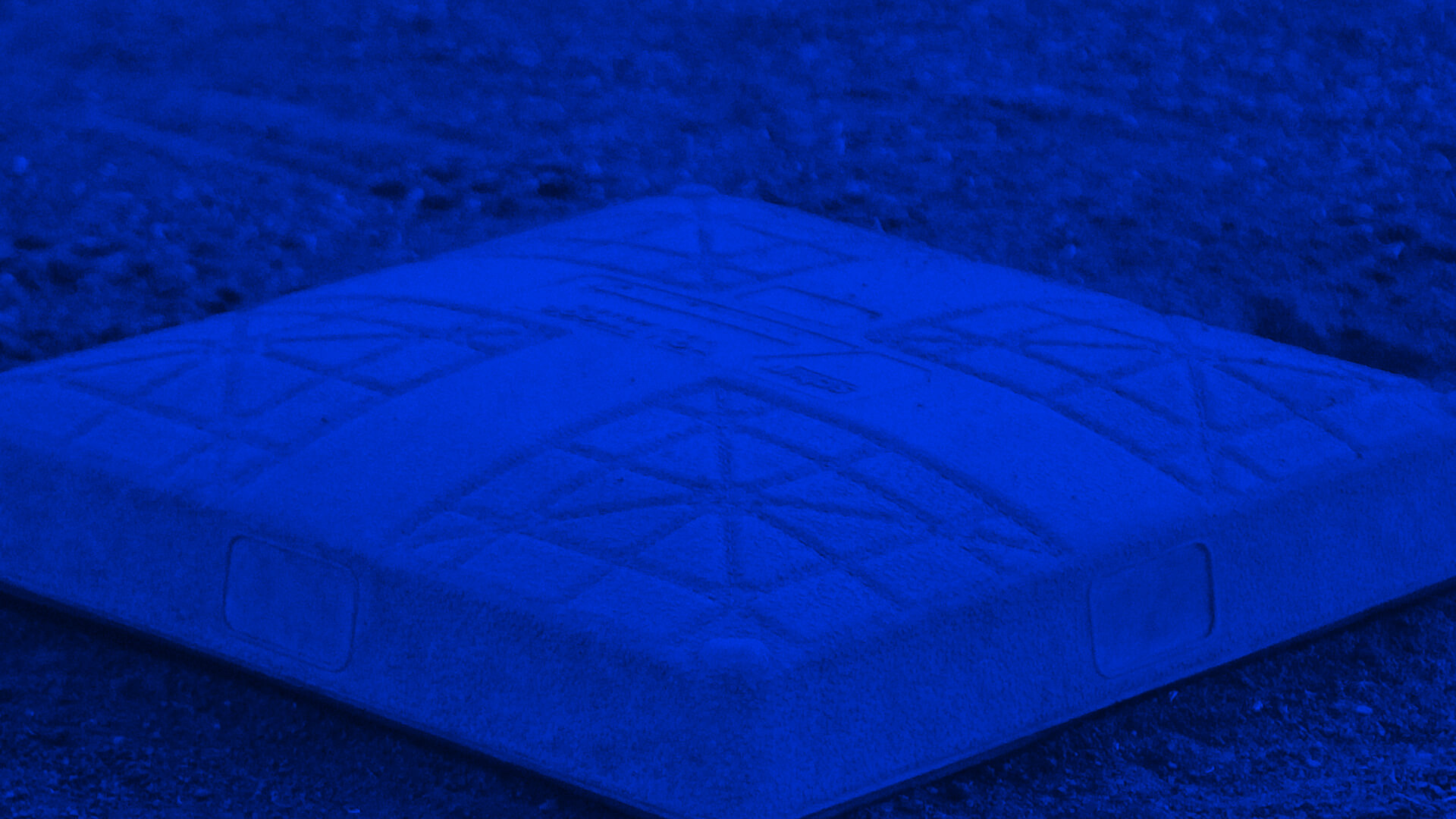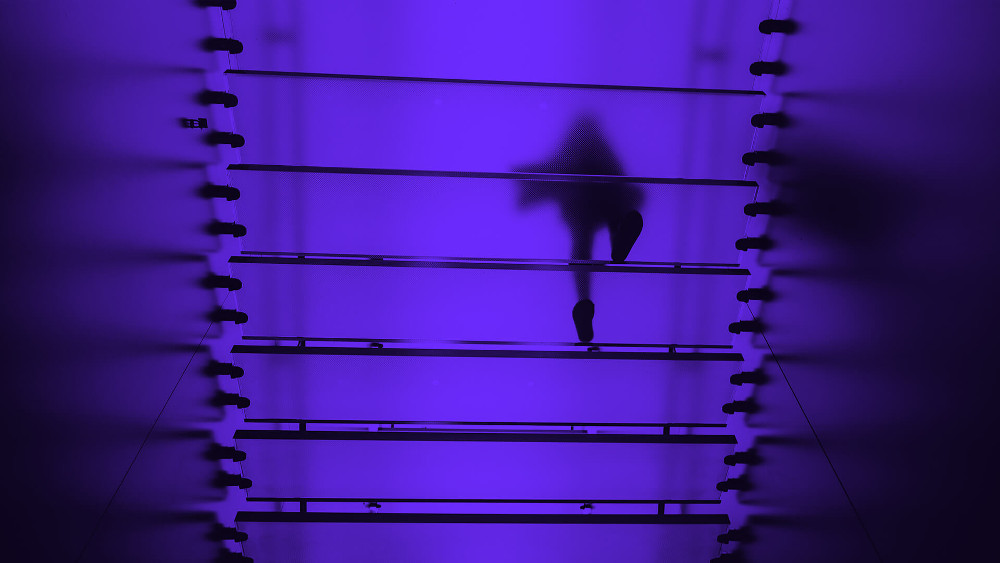It is generally agreed that damaging testimony from a treating physician can make or break a pharmaceutical or medical device case at trial. The treating physician typically represents the first factual link between plaintiff and any causation opinion regarding injury. Additionally, treating physician testimony that supports plaintiffs’ causation theories could potentially allow plaintiffs to get over the Daubert hurdle.
Courts vary as to whether plaintiffs’ lawyers are allowed to prepare and meet with these witnesses. Typically, contact by plaintiffs’ lawyers with physicians is allowed, although defendants may be successful in limiting the contact or the use of documents during the contact. Even better, defendants may be permitted their own ex parte meeting with the physician. But if you are in a jurisdiction where the plaintiff is allowed unfettered contact with the treating physician, thereby increasing the likelihood of tainted testimony from the physician, the order of questioning in the treating physician’s deposition becomes even more important.
Against this backdrop, pharmaceutical and medical device defense attorneys should consider whether the order of who deposes certain physicians can be maneuvered and used to our advantage. Here, we review the governing rules, sample orders, and analysis as a guide.
THE USE OF THE DEPOSITION AT TRIAL MAKES IT CRITICAL.
In federal court proceedings, the deposition may be your only shot to obtain favorable testimony from the treating physician. The use of depositions at trial, particularly videotaped ones, has become increasingly common. Rule 32 of the Federal Rules of Civil Procedure governs the use of a deposition at trial. Rule 32(a)(1) states:
At a hearing or trial, all or part of a deposition may be used [when]… (A) the party was present or represented at the taking of the deposition or had reasonable notice of it; (B) it is used to the extent it would be admissible under the Federal Rules of Evidence if the deponent were present and testifying; and (C) the use is allowed by Rule 32(a)(2) through (8).[1]
Rule 32(a)(2) through (8) outlines various circumstances including: using a deposition to impeach a deponent or witness; an adverse party using, for any purpose, the deposition of a party, agent, or designee; and using a deposition of a witness who is later “unavailable,” which includes a witness who resides more than 100 miles from the location of the hearing or trial. Rule 32 is significant in that it provides plaintiffs with the ability to present to jurors the deposition testimony of company agents and designees. Furthermore, in today’s transient society, witnesses often reside more than 100 miles away from the location of trial. As such, parties can take advantage of Rule 32 and present significant portions of a case through videotaped deposition testimony.
The question remains: who goes first?
THE FEDERAL RULES DO NOT SPECIFY THE ORDER OF QUESTIONING.
In most instances, a party can depose almost anyone without leave of the court.[2] However, the Federal Rules do not provide specific guidance on the issue of which party questions the deponent first during the deposition. “Under the federal rules, a discovery priority is not [explicitly] established based upon which party noticed a deposition first, but rather, Rule 26(d) authorizes the court to order the sequence of discovery upon motion.”[3] In other words, Rule 26 provides the court with great discretion in establishing the timing and sequence of discovery.[4] In exercising such discretion, “courts…faced with the question of priority have, in the main, concluded that the first party to serve a notice of deposition is entitled to priority of questioning at that deposition.”[5]
In Dargis v. Wyeth, Inc., the court faced the same issue, but with a twist.[6] In Dargis, both parties claimed priority to question the treating physicians during depositions. At the outset, the court recognized the custom and practice within the jurisdiction to allow the party who first noticed the deposition to assume priority in questioning. The court also recognized that other jurisdictions follow the same custom. But in Dargis, the parties noticed multiple treating physician depositions on the very same day. The court ultimately instituted a “draft-selection process” for the deponents that the parties simultaneously noticed (i.e., those noticed on the same day). The draft-selection process involved the parties alternating in selecting deponents for whom they would have priority in questioning. The selection process continued until all deponents whom the parties simultaneously noticed were selected.[7] Thus, while “first to notice” seems to be the general rule, courts have the authority to use creative devices to determine priority of questioning during a deposition.
MDLS AND THE POWER TO NEGOTIATE THE ORDER
In the ever-so-popular MDL proceedings, the parties typically negotiate, or the Court enters unilaterally, a Case Management Order (bellwether cases, depositions, or case work up protocol) that dictates which party proceeds first in depositions. The provisions contained in these orders vary greatly. To demonstrate the great variety, below are different examples of these types of provisions:
IN RE ZOLOFT[8]: THE SEQUENCE DEPENDS ON WHO SELECTED THE CASE FOR WORK UP:
- Sequence of Examination of Non-Party Healthcare Provider Witnesses. At depositions of healthcare providers in Discovery Group or Trial Pool cases selected by Plaintiffs, plaintiffs will be the first questioner in depositions of prescribers and OBGYNs, and Pfizer will be the first questioner in depositions of all other healthcare providers. At depositions of healthcare providers in Discovery Group or Trial Pool cases selected by Defendants, defendants will be the first questioner in depositions of prescribers and OBGYNs, and plaintiffs will be the first questioner in depositions of all other healthcare providers.
IN RE XARELTO[9]: A MIX OF WHO SELECTED AND RANDOM SELECTION.
- Order of depositions. The order of deposition shall be plaintiff, prescriber, and treater, with the detail representative going before or after the treater as scheduling permits.
- Order of questioning. For detail representatives, plaintiffs first. For prescribers and treaters, as set forth on table below:
- Random selections – alternate defense first; plaintiff first
- Defense selections – defense first
- Plaintiff selections – plaintiff first
IN RE BENICAR[10]: ALTERNATING ORDER
- Order of questioning. For detail representatives, plaintiff’s counsel shall proceed first. For prescriber and treater depositions, the party shall alternate who leads off first as follows:
- Random selection – alternating defense first; plaintiff first
IN RE FLUOROQUINOLONE[11]: ALTERNATING ORDER
- Depositions of Plaintiffs – Defendants shall have priority of examination in the deposition of any plaintiff in this MDL.
- Depositions of Plaintiffs’ Healthcare Providers – Priority of examination at the depositions of the plaintiffs’ healthcare providers, including prescribing and primary treating physicians, shall alternate between the parties.
WHO GOES FIRST MAY IMPACT THE OBLIGATION TO PAY THE PHYSICIAN’S DEPOSITION FEE
One thing to remember is payment to the treating physicians for the depositions. In most instances, the party who questions first and notices the deposition, also pays for the deposition. Provisions governing these types of logistics should also be included in the Case Management Order. In particular, defense counsel should protect the client by trying to negotiate for a provision by which all payments for physician depositions will be split evenly by the parties to avoid paying large costs for depositions that ultimately yield slanted testimony beneficial to the plaintiff.
In conclusion, defense counsel in
pharmaceutical and medical device litigation are seeing more variation
governing the order of questioning in treating physician depositions in the MDL
and mass tort settings with bellwether procedures. There is certainly not a
one-size-fits-all strategy, and reviewing various proposals to be creative as
to what works best for the litigation is a worthwhile strategic exercise before
entering into these types of orders.
[1] Fed. R. Civ. P. 32(a)(1).
[2] Fed. R. Civ. P. 30(a).
[3] Lumpkin v. Kononov, 2013 WL 1343666, at *1 (N.D. Ind. Apr. 3, 2013) (holding that, although not prescribed by rule, “Generally, it is understood that the party who notices a deposition will have priority in asking questions, and that opposing counsel will have priority to question the other side’s witnesses.”).
[4] Fed. R. Civ. P. 26(d).
[5] Schlein v. Wyeth Pharm., Inc., 2012 WL 10359554, at *1, *2 (S.D. Ga. Dec. 13, 2012) (citing Occidental Chem. Corp. v. OHM Remediation Servs., 168 F.R.D. 13, 14–15 (W.D.N.Y. 1996); Smith v. Logansport Cmty. Sch. Corp., 139 F.R.D. 637, 642 (N.D. Ind. 1991)).
[6] Dargis v. Wyeth, Inc., 2012 U.S. Dist. LEXIS 189881 (D. Minn. 2012).
[7] Id.
[8] Pretrial Order No. 30 at 4-5, In re Zoloft (Sertraline Hydrochloride) Prods. Liab. Litig., MDL No. 2342, 26 F. Supp. 3d 449 (E.D. Pa. June 27, 2013).
[9] Pretrial Order No. 26 at 1-3, In re Xarelto (Rivaroxaban) Prods. Liab. Litig., MDL No. 2592, 2016 WL 2855221 at *1 (E.D. La. April 20, 2016), http://www.laed.uscourts.gov/sites/default/files/xarelto/Pretrial%20Order_26.pdf SAME.
[10] Case Management Order No. 7 at 2, In re Benicar (Olmesartan Medoxomil), Case No: 299, (N.J. Super. Ct. Law Div.: Atlantic County Oct. 11, 2016), http://www.njcourts.gov/attorneys/assets/mcl/benicar/orders/cmo7.pdf.
[11] Pretrial Order No. 9 on Fact Deposition Discovery at 16, In re Fluoroquinolone Prods. Liab. Litig., MDL No. 2642 (JRT), Case No. 0:15-md-02642, (D. Minn. July 5, 2016), http://www.mnd.uscourts.gov/MDL-Fluoroquinolone/Orders_Minutes/2016/2016-0705-PTO-09-DepositionProtocol.pdf.
Finis


